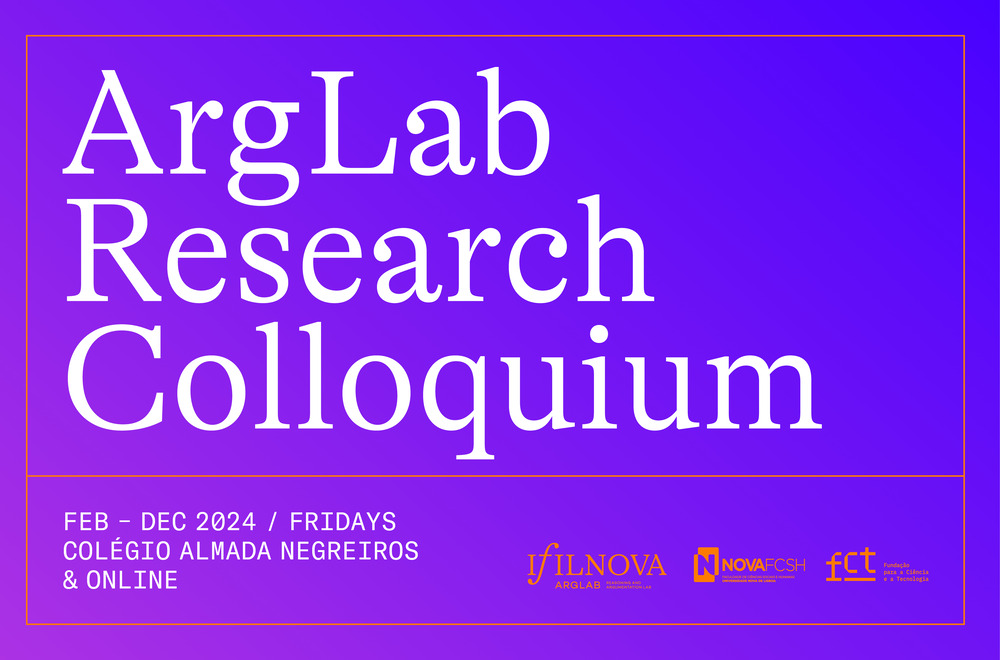Peter Baumann on “Why Care about Brains in Vats?”

Contemporary discussions of epistemological skepticism – the view that we do not and cannot know anything about the world around us – focus very much on a certain kind of skeptical argument involving a skeptical scenario (a situation familiar from Descartes’ First Meditation). According to the argument, knowing some ordinary proposition about the world (one we usually take ourselves to know) requires knowing we are not in some such skeptical scenario SK; however, since we cannot know that we are not in SK we also cannot know any ordinary proposition. One of the most prominent skeptical scenarios is the brain-in-the-vat-scenario: An evil scientist has operated on an unsuspecting subject, removed the subject’s brain and put it in a vat where it is kept functioning and is connected to some computer which feeds the brain the illusion that everything is “normal”. This paper looks at one aspect of this scenario after another – envatment, disembodiment, weird cognitive processes, lack of the right kind of epistemic standing, and systematic deception. The conclusion is that none of these aspects (in isolation or in combination) is of any relevance for a would-be skeptical argument; the brain-in-the-vat-scenario is irrelevant to and useless for skeptical purposes. Given that related scenarios (e.g., involving evil demons) share the defects of the brain-in-the-vat-scenario, the skeptic should not put any hopes on Cartesian topoi.
Peter Baumann (Swarthmore College)
To join the session on Zoom, please get in touch with Gloria Andrada at gandrada@fcsh.unl.pt for the details.
This event is part of the ArgLab Research Colloquium organised by Maria Grazia Rossi, Giulia Terzian and Gloria Andrada at the Laboratory of Argumentation, Cognition and Language of the NOVA Institute of Philosophy. For any inquiries, please contact Maria Grazia, Giulia, or Gloria.
Event supported by the Foundation for Science and Technology (Fundação para a Ciência e para a Tecnologia) of the Portuguese Ministry of Education and Science under the projects UIDB/00183/2020 and UIDP/00183/2020.
20 Sep — José Angel Gascón (Murcia)
18 Oct — Joel Krueger (Exeter)
15 Nov — Casey Rebecca Johnson (Idaho)
13 Dec — Roosmaryn Pilgram (Leiden)

